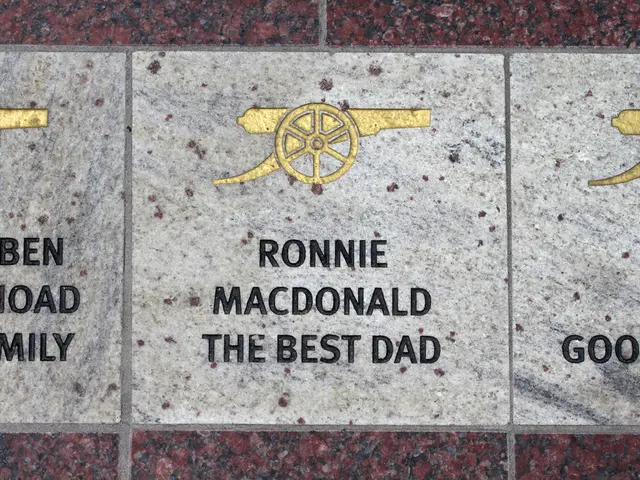Preparing for Three Different Types of Job Interviews a Manager Should Anticipate!
Different Types of Interviews and Their Importance in the Workplace
Interviews play a crucial role in various aspects of the workplace, from hiring new employees to understanding reasons for employee departures and conducting internal investigations. Here's a breakdown of the different types of interviews and their purposes.
Interviews for New Positions
When it comes to filling new positions, companies employ various interview styles to assess candidate qualifications, experience, and fit. These include:
- Screening Interview: A preliminary phone or video call to determine if a candidate meets basic qualifications and fit for the role.
- Traditional Interview: Usually in person, focuses on assessing the candidate’s background, skills, and experience with behavioral and problem-solving questions to evaluate job fit.
- Panel Interview: Multiple interviewers question the candidate to assess how they might work with diverse teams and to gather varied perspectives on the candidate’s suitability.
- Group Interview: Several candidates are interviewed together to observe interaction and comparative qualifications.
- Cognitive Interview: Used to elicit detailed information from candidates about past experiences or motivations, helping focus on specific event recollection and reduce distractions.
Exit Interviews
Exit interviews are conversations with employees who are leaving a company, for any reason. They aim to show respect, offer feedback, and resolve any outstanding formalities. While not detailed extensively in the search results, they are an important tool for identifying areas for improvement within the organization.
Investigative Interviews
These interviews are designed to gather information regarding a specific event or issue, often used in internal investigations. The cognitive interview technique is sometimes employed here to encourage detailed and accurate recollections. The purpose is to clarify facts, understand perspectives, and gather evidence.
Guidelines for Conducting Interviews
Interviews require clear purpose definition, preparation of attendees and materials, and use of structured fair questioning to avoid bias and obtain reliable information. Ending interviews with clarity about next steps and reflecting on outcomes maintains transparency and good communication.
Additional Considerations
- The employee should have an opportunity to prepare for an investigative interview.
- Exit interviews should be offered to employees before they depart and should be kept professional while maintaining a relaxed and positive atmosphere.
- Formal processes and records should be kept of communication during an investigative interview.
- A manager should consider what information is most valuable to gather in an exit interview, as it may be their last opportunity to ask.
- A manager should seek guidance from HR where it is available during an investigative interview.
- All details of an investigative interview should be regarded as confidential.
- A traditional job interview for a new position typically involves a one-hour question and answer process between the potential manager, candidate, and an HR member.
- It's important for a manager to maintain a non-confrontational approach during an investigative interview.
- In an investigative interview or inquiry, a manager may need to interview an employee when trust or competency has become questionable, to determine if company rules or legal requirements have not been followed and a disciplinary action is required.
- The style of questions can vary between role-play scenarios, providing examples from experience, and competency-based questions.
- A manager should remain transparent throughout the investigative interview process.
- In an investigative interview, the interview should be conducted in a professional manner while maintaining a non-confrontational approach.
- The process of filling new positions in a company often involves interviews such as screenings, traditional interviews, panel interviews, group interviews, and cognitive interviews, each designed to assess the candidate's qualifications, experience, and suitability for the role.
- Exit interviews are crucial for identifying areas for improvement within an organization as they are conversations with employees who are leaving, aiming to show respect, offer feedback, and resolve any outstanding formalities.




